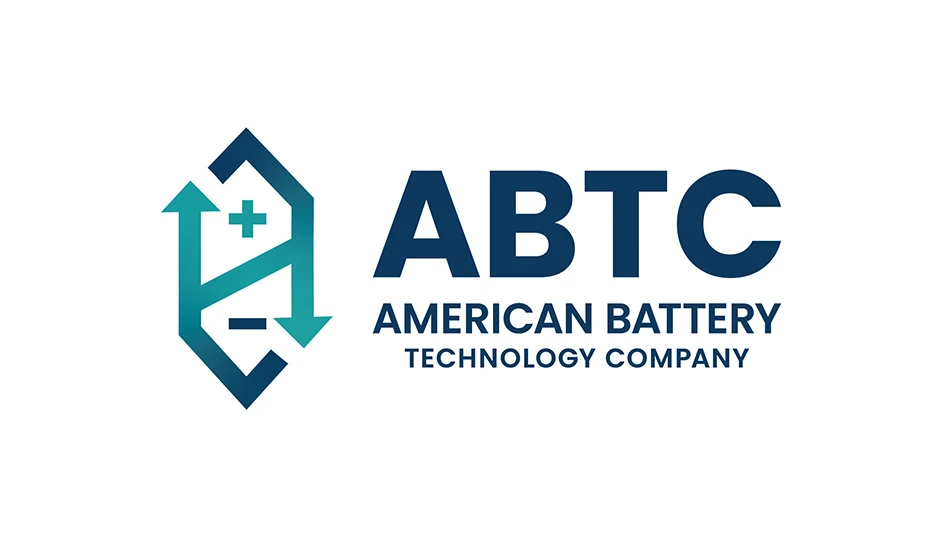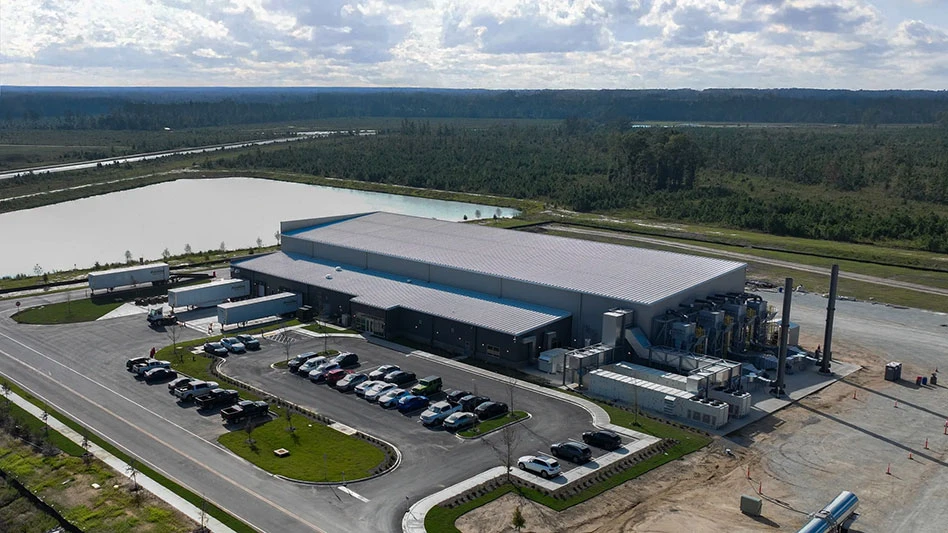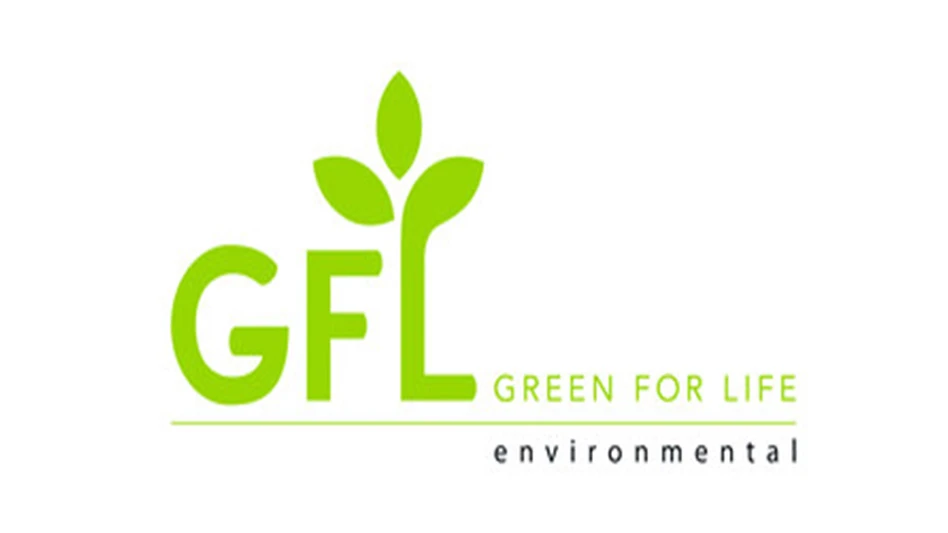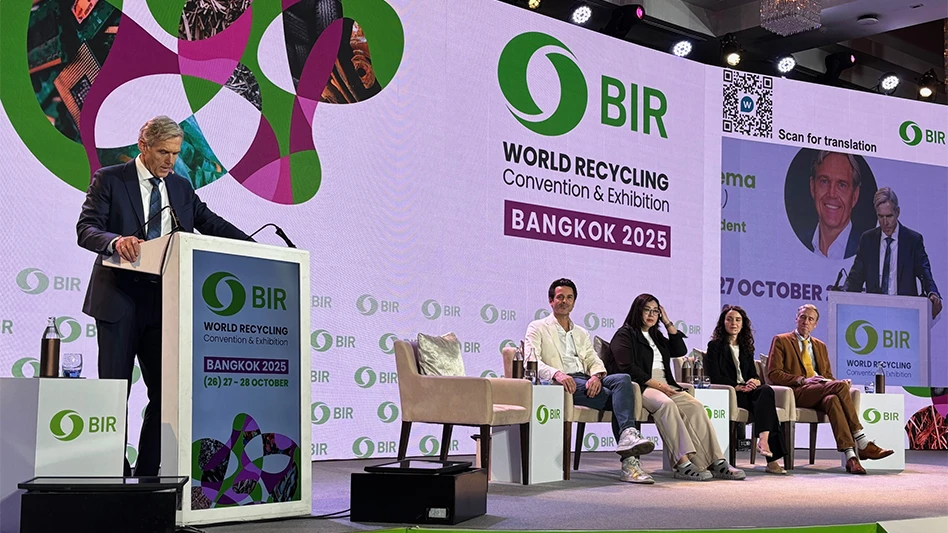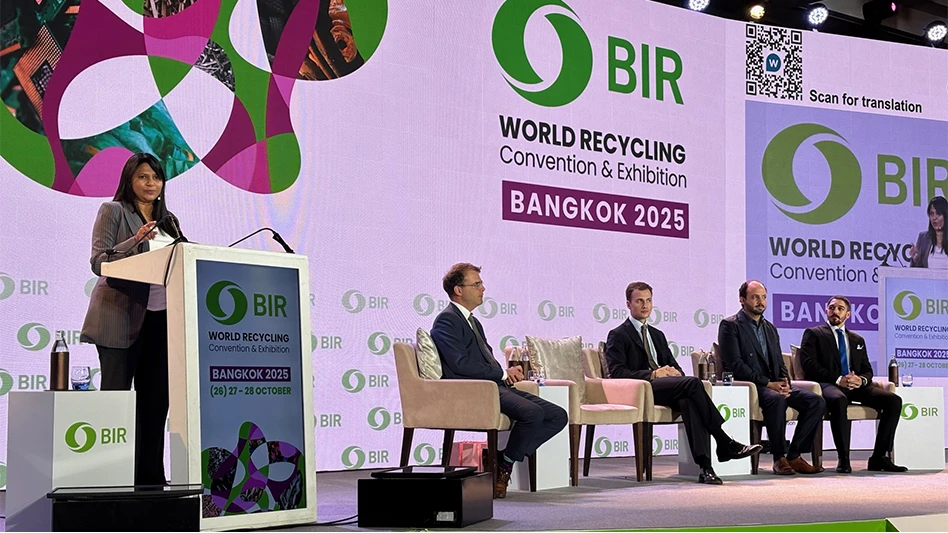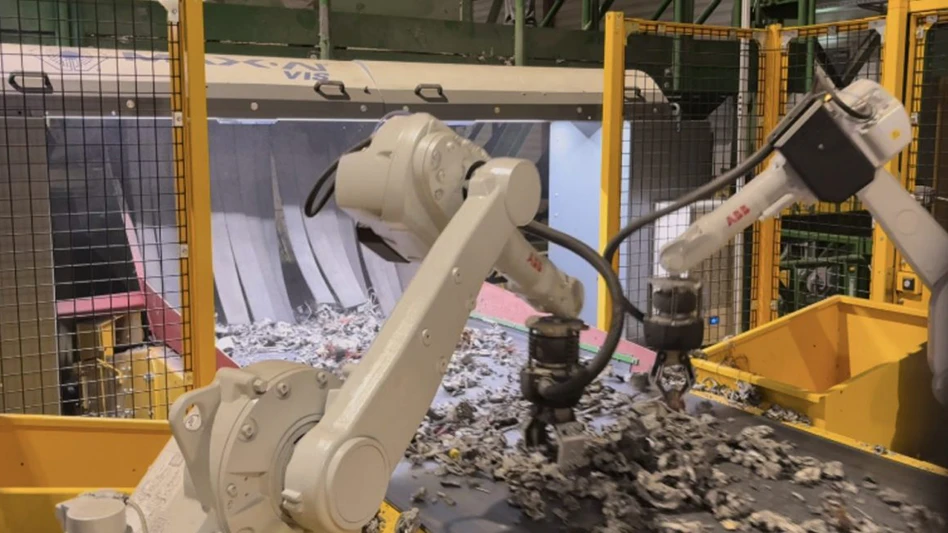The value of commodities recovered at material recovery facilities (MRFs) does not cover the costs to process these materials, and continual changes in consumer packaging don’t help, said speakers in the Cha Cha Cha Changes session at WasteExpo 2018, held April 23-26 at the Las Vegas Convention Center.
From the lightweighting of materials to switching packaging types (such as tuna traditionally being sold in a can to now being retailed in a multilayer pouch), the composition of materials collected for MRFs varies vastly.
Brands are innovating their products’ packaging without a concern for the waste stream, said speaker Steve Alexander, president of the Association of Plastic Recyclers (APR), Washington. They continue to push product innovations without testing if a specific product is recyclable, he said. In many instances, he said brands don’t realize the pump in their bottle is not recyclable or that the ink on the packaging bleeds.
“For all materials, there’s no requirement for design,” Alexander said. “It doesn’t have to be compatible with the infrastructure we have in place, and that’s a huge disconnect.”
He added, referencing consumer packaging companies, “You’re innovating your packaging far quicker than we can tell residents how to sort it.”
Alexander held up a polyethylene terephthalate (PET) water bottle and pointed to the label covering most of the bottle. If the label covered much more of the PET bottle, it wouldn’t be recognizable by sorters – optical or human, he said.
“Technically it might be recyclable, but not in the form it is,” Alexander said. “If we get rid of labels, we’d eliminate 80 percent of contamination levels.”
Additionally, the way Americans purchase products has shifted: At least 8 percent of consumer purchases occur online, said speaker William Flower, vice president, corporate and public affairs, at Winters Bros. Waste Systems, headquartered in Danbury, Connecticut. Winters Bros. is family-owned and operated, serving Florida, Vermont, Long Island and the Connecticut market areas for solid waste and recycling collection and a transfer station.
This includes the hike in meal-delivery services, with multimaterial packaging arriving at Americans’ doorsteps with a variety of packaging, from cardboard and paper to plastic.
“People think it’s all recyclable,” Alexander said of these meal-delivery packages. “That will lead to an increase in contamination.”
Alexander referenced Waste Management CEO Jim Fish’s comments from a morning session where Fish said 25 percent of what that company collects overall in its stream is garbage. “How do we deal with that?” Alexander asked.
Flower noted how the term “evolving ton” was coined in 2006. Since that time, changes in consumer packaging and products have significantly affected the waste and recycling industry. Packaging does affect consumers, Flower said. He shared insights from a study that reports that 78 percent of consumers want o buy “green” or sustainable products, yet only 43 percent are willing to pay more for that product.
“The way we buy products has changed,” Flower said. “More and more flexible packaging will be used,” he said of online purchases, citing a forthcoming drop in old corrugated containers (OCC) as a result.
Alexander added, “We’re already talking about morphing out cardboard for flexible packaging. The change is so rapid.”
Making materials lighter in weight also has affected MRFs’ abilities to make money. The industry will continue to see the lightweighting of materials, Flower said.
“Glass containers are 40 percent lighter than they were 20 years ago,” Flower said. “Glass is not going to go away.”
As for UBCs, Flower said it used to take 28 aluminum cans to make a pound; today, it takes about 34 to 36 aluminum cans to reach a pound.
To sort through these lighter and variety of materials, technology will be the driver, Alexander said. Sortation technology will have to continue to be enhanced. Artificial intelligence (AI) activity has gained some speed, with several MRFs installing this technology along with robots. AI is a generational step forward from optical sorting, Alexander said.
He pointed to near-infrared (NIR) sorting, technology plastics recyclers had not used much prior to about six years ago, he said. Now, some plastics recyclers can use up to 10 or 20 in one MRF. “It has revolutionized the way MRFs sort material,” Alexander said.
Looking ahead, Flower and Alexander said organics and food waste will be of much interest to residents. This includes an increase in legislation related to organics in the coming years.
Another area to watch is low-density polyethylene (LDPE) bags. Flower said with consumer pushback with plastic bags, “If I was a plastic bag manufacturer, I’d start looking into community relations or reviewing my overall product.”
WasteExpo 2018 is April 23-26 at the Las Vegas Convention Center.
Get curated news on YOUR industry.
Enter your email to receive our newsletters.
Latest from Recycling Today
- Thommen Group acquires stake in battery service firm
- MRAI seeks aluminum recycling tax breaks
- Auto salvage and recycling facility site of fatal plane crash
- Komatsu invests in Canadian distribution center
- Aerosol can features Elysis primary aluminum, recycled content
- Smurfit Westrock CEO says Q3 characterized by ‘challenging months’
- Northeast Recycling acquires Arrow Container Services
- Textile Renewal Alliance debuts brand, website to support California’s textile EPR law

